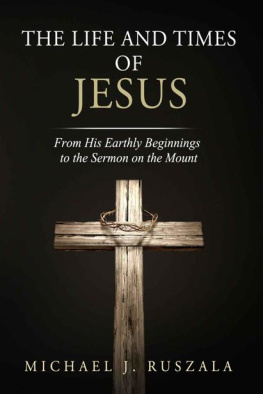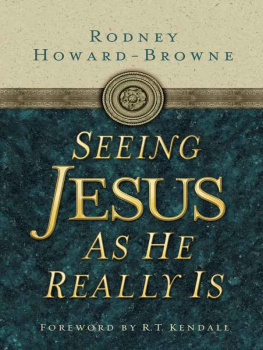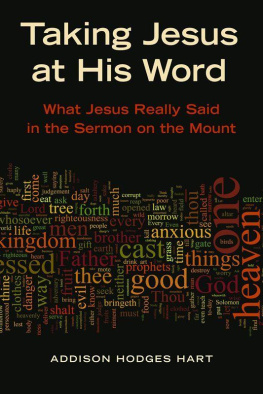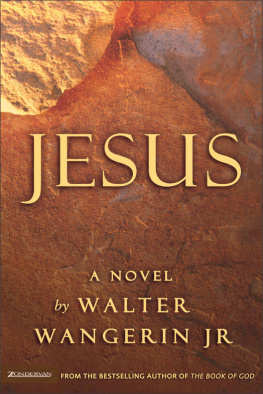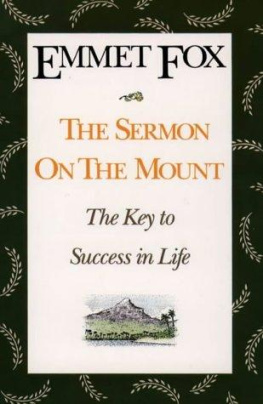Thank you for downloading this Wyatt North eBook
Never miss a free book from Wyatt North, and receive FREE inspirational eBooks for your eReader!
Thousands of readers have already joined. Sign up for free today.
Click here for free eBook offers!

Wyatt North Publishing, LLC 2014
Publishing by Wyatt North Publishing, LLC. A Boutique Publishing Company.
Wyatt North and A Boutique Publishing Company are trademarks of Wyatt North Publishing, LLC.
Copyright Wyatt North Publishing, LLC. All rights reserved, including the right to reproduce this book or portions thereof in any form whatsoever. For more information please visit http://www.WyattNorth.com .
Cover design by Wyatt North Publishing, LLC. Copyright Wyatt North Publishing, LLC. All rights reserved.
Scripture texts in this work are taken from the New American Bible, revised edition 2010, 1991, 1986, 1970 Confraternity of Christian Doctrine, Washington, D.C. and are used by permission of the copyright owner. All Rights Reserved. No part of the New American Bible may be reproduced in any form without permission in writing from the copyright owner.
About Wyatt North Publishing
Starting out with just one writer, Wyatt North Publishing has expanded to include writers from across the country. Our writers include college professors, religious theologians, and historians.
Wyatt North Publishing provides high quality, perfectly formatted, original books.
Send us an email and we will personally respond within 24 hours! As a boutique publishing company we put our readers first and never respond with canned or automated emails. Send us an email at .
About the Author
Michael J. Ruszala holds an M.A. in Theology & Christian Ministry and a B.A. in Philosophy and Theology summa cum laude from Franciscan University of Steubenville and is certified as a parish catechetical leader by the Diocese of Buffalo. He is director of faith formation at St. Pius X Catholic Church in Getzville, NY, and an adjunct lecturer in religious studies at Niagara University in Lewiston, NY. Michael is also an active member of the Society of Catholic Social Scientists and serves on the Catechumenate Board and the Faith Formation Assessment Committee for the Diocese of Buffalo. He has been published in several religious journals including the Social Justice Review, the Catholic Social Science Review, and Lay Witness online edition, with articles often touching on contemporary papal teaching. With interests in music, art, tennis, and kayaking, he also enjoys directing the Childrens Choir at his parish.

Foreword
To write a book about Jesus is a challenging task; to live a life like Jesus is more challenging still. Though not primarily a work of theology or of spirituality, this popular history intends to help the words and deeds of Jesus come alive for contemporary readers. In Jesus day, he was a polarizing figure; one was either for him or against him. Today, even many who are familiar with the story of Jesus are unmoved. There are a number of reasons for this, but one of them is that we have forgotten the history of which Jesus came to be part; and we have also forgotten how we fit in. When God acted in Jesus, he acted in history, and that history came with particular cultures, presuppositions, and memories of its own. Without an understanding of these things, Jesus polarizing words and deeds become blunted because their backdrop has been removed.
This book is intended for two types of readers. Firstly, it is meant for those who are already familiar with the basic Gospel stories but wish they could enter into them with the eyes of first-century Jews. Secondly, it is intended for those who are not yet familiar with the narrative of Jesus of Nazareth but would like to approach it in an orderly and enjoyable way. It is the first of two books that are planned to approach the life of Jesus of Nazareth from a historical perspective, faithful to the Christian tradition. While the next volume will address more particularly the polarizing nature of Jesus teachings and, ultimately, his passion, death, and resurrection, this volume covers the story to which Jesus belongs the world that he entered, his early life, and the beginnings of his ministry. Special attention is given to Palestine under Roman rule, the reign of Herod the Great, the Temple of Jerusalem, the emergence of the canonical Gospels, the figure of John the Baptist, Jesus proclamation of the Kingdom of God in word and deed, and his teachings in parables and in the Sermon on the Mount.
One Solitary Life
He never wrote a book
He never held an office
He never went to college
He never visited a big city
He never travelled more than two hundred miles
From the place where he was born
He did none of the things
Usually associated with greatness
He had no credentials but himself
Nineteen centuries have come and gone
All the armies that have ever marched
All the navies that have ever sailed
All the parliaments that have ever sat
All the kings that ever reigned put together
Have not affected the life of mankind on earth
As powerfully as that one solitary life
- by Dr. James Allan
Introduction
By worldly terms, Jesus of Nazareth was born to an insignificant family, raised in an insignificant town; he was a lowly subject in an insignificant province of an empire ruled by cruel men over 1,400 miles across the sea. And yet Jesus of Nazareth did more to change the course of world history than has any other historical figure. Even his enemies did not deny his otherworldly power, and his followers would call him Lord over Lord-Caesar.
Though his own kingdom was not of this world, his own once-persecuted and -outlawed followers would overcome the pagan Roman Empire within three centuries, paving the way for an almost thoroughly Christianized Europe for millennia to come. Even today, over 2.1 billion people across every region and continent call themselves Christians, such that nearly one in three persons in the world today consider themselves followers of Christ. And while todays secularized and globalized society has tried to declare its independence from the preacher of Nazareth, it cannot help that it owes much of its own sense of justice, morality, peace, and tolerance to Jesus and his followers. Although many today, looking back at the course of world and European history, assume that society has moved beyond the Way of Christ, G. K. Chesterton reminds us that Christianity has not been tried and found wanting; it has been found difficult and not tried.
The man called the Word of God by John the Evangelist (in Jn. 1:1) is not known to have ever stained a papyrus with any lines for posterity, yet the books that deal with the implications of what he said and did fill entire libraries. No book has sold more copies or been more widely translated than the Christian Bible, the heart of which is the Gospels of Christ and all of which, Christians believe, is centered on him even in hidden ways. New alphabets have been invented to record his words; countless monks spent their lives writing them and meditating on them; the printing press was invented to distribute them; missionaries have died trying to spread them; nations were founded to live them freely; charities and hospitals were developed to express them more fully. Workmen curse by his name almost without thinking, so ingrained in the western psyche is the all-pervading legacy of that one solitary life lived two thousand years ago.
Next page
